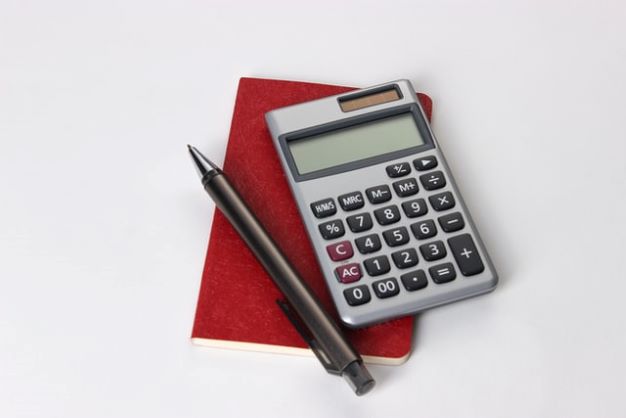
Will The Fed Crash The Stock Market In March?
The U.S Fed has announced it will increase rates in March.
And many experts say this could trigger a deep recession… and maybe even a complete economic depression. Will you be affected? If you’re invested in stocks and other paper assets, YES!
But if you know how to find and buy very affordable real estate using online techniques like this, you could be BETTER OFF!
Because during down economies, you can find amazing properties for huge discounts!
Imagine buying a piece of real estate for 50…60… even 70% LESS than the “normal” retail price! This what I have done for a living for many, many years now.
And if you want to learn how you can do it too, this course will show you everything.
Once you go through that course, you will see how easy it is to earn money without being dependent on the stock market!
IRS Enrages Blue-Collar Americans with 2022 Rules
The IRS says it is completely overwhelmed for this tax season.
They have surprisingly said that this year they might not be able to give refunds.
Let that sink in!
A year without refunds is a strange event we have never really seen.
Many Americans depend on their yearly tax refunds, and it’s a sign of the economic times that they might not get it this year!
If only they understood how to find tax lien deals like this.
Then they wouldn’t be dependent on the government.
Even better…
You can radically boost your monthly income overnight thanks to these kinds of online deals.
And that means true freedom!










